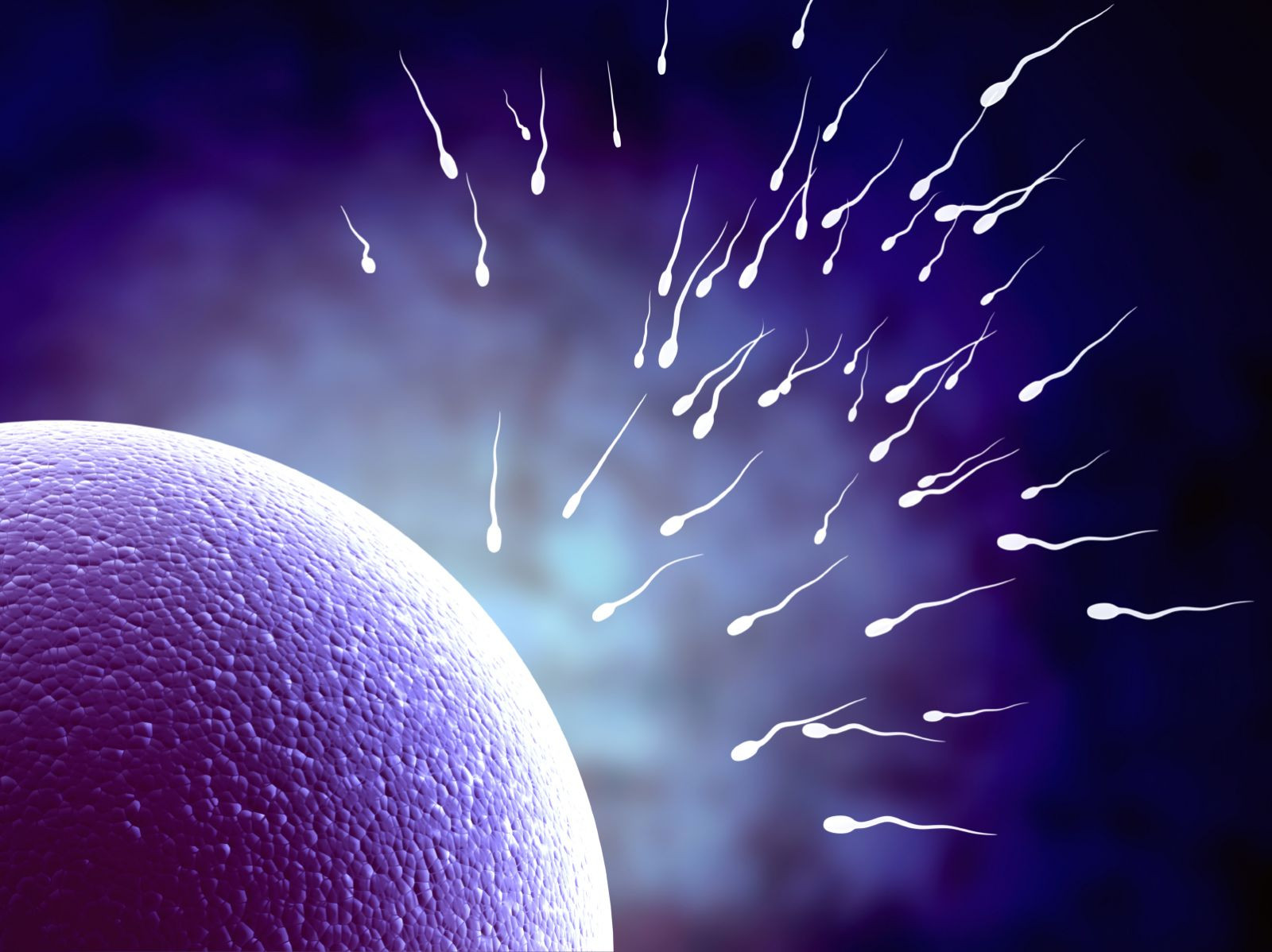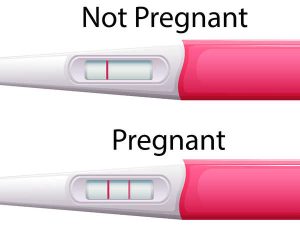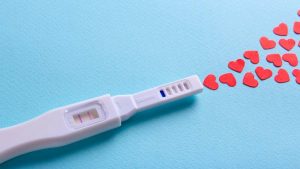Fertility is a complex and multifaceted topic that involves many factors, such as genetics, hormones, age, health conditions, and environmental influences. However, one factor that is often overlooked or underestimated is a lifestyle. Lifestyle refers to the choices and habits that affect your physical and mental well-being, such as diet, exercise, stress management, sleep quality, smoking, alcohol consumption, and exposure to toxins. These lifestyle factors can have a significant impact on your fertility, both positively and negatively.
In this blog post, we will explore some of the ways that lifestyle can affect fertility and offer some tips on how to improve your lifestyle for a healthier you and a better chance of conceiving.
Diet
Diet plays a vital role in fertility, as it provides the nutrients and energy that your body needs to function properly and support reproductive health. A balanced and varied diet that includes plenty of fruits, vegetables, whole grains, lean proteins, healthy fats, and water can help you maintain a healthy weight, regulate your hormones, prevent inflammation, and improve your egg and sperm quality. On the other hand, a poor diet that is high in processed foods, refined sugars, saturated fats, trans fats, caffeine, and additives can lead to obesity, insulin resistance, hormonal imbalances, oxidative stress, and reduced fertility.
Some of the dietary tips for improving your fertility are:
– Eat more foods that are rich in antioxidants, such as berries, citrus fruits, leafy greens, nuts, seeds, and green tea. Antioxidants help protect your cells from damage caused by free radicals, which can impair your egg and sperm quality and increase the risk of miscarriage.
– Eat more foods that are rich in omega-3 fatty acids, such as fatty fish (salmon, mackerel, sardines), flaxseeds, chia seeds, walnuts, and olive oil. Omega-3 fatty acids help reduce inflammation, improve blood flow to the reproductive organs, and support embryo development.
– Eat more foods that are rich in folate (folic acid), such as spinach, broccoli, beans, lentils, avocadoes,
and fortified cereals. Folate is essential for DNA synthesis and cell division and can prevent neural tube defects in the developing baby.
– Eat more foods that are rich in zinc,
such as oysters,
beef,
pumpkin seeds,
and eggs. Zinc is involved in many aspects of reproduction,
such as hormone production,
ovulation,
sperm maturation,
and fertilization.
– Eat more foods that are rich in iron,
such as red meat,
poultry,
fish,
leafy greens,
and dried fruits. Iron is important for blood production
and oxygen delivery to the tissues
and can prevent anemia
and infertility.
– Avoid or limit foods that can negatively affect your fertility,
such as alcohol,
caffeine,
soy products,
artificial sweeteners,
and processed meats. These foods can interfere with your hormone levels
and ovulation
and reduce your egg
and sperm quality.
Exercise
Exercise is another important aspect of lifestyle that can influence your fertility. Exercise can help you maintain a healthy weight
and body mass index (BMI),
which are linked to your fertility potential. Being overweight
or underweight can affect your hormone balance
and ovulation
and increase the risk of infertility
and pregnancy complications. Exercise can also help you reduce stress
and improve your mood
and self-esteem,
which can boost your libido
and sexual function.
However,
not all types of exercise are beneficial for fertility.
Some studies have shown that excessive or intense exercise can have negative effects on fertility
by disrupting your menstrual cycle
and ovulation
and lowering your estrogen levels.
Therefore,
it is important to find a balance between too much
and too little exercise
and choose activities that are moderate
and enjoyable for you.
Some of the exercise tips for improving your fertility are:
– Aim for at least 150 minutes of moderate-intensity aerobic exercise per week
or 75 minutes of vigorous-intensity aerobic exercise per week
or a combination of both. Aerobic exercise includes activities such as walking,
jogging,
cycling,
swimming,
dancing,
or aerobics classes. Aerobic exercise can help you burn calories
and fat
and improve your cardiovascular health
and endurance.
– Include some strength training exercises at least twice a week. Strength training includes activities such as lifting weights,
using resistance bands,
or doing bodyweight exercises such as push-ups,
squats,
or lunges. Strength training can help you build muscle mass
and strength
and improve your metabolism
and bone density.





